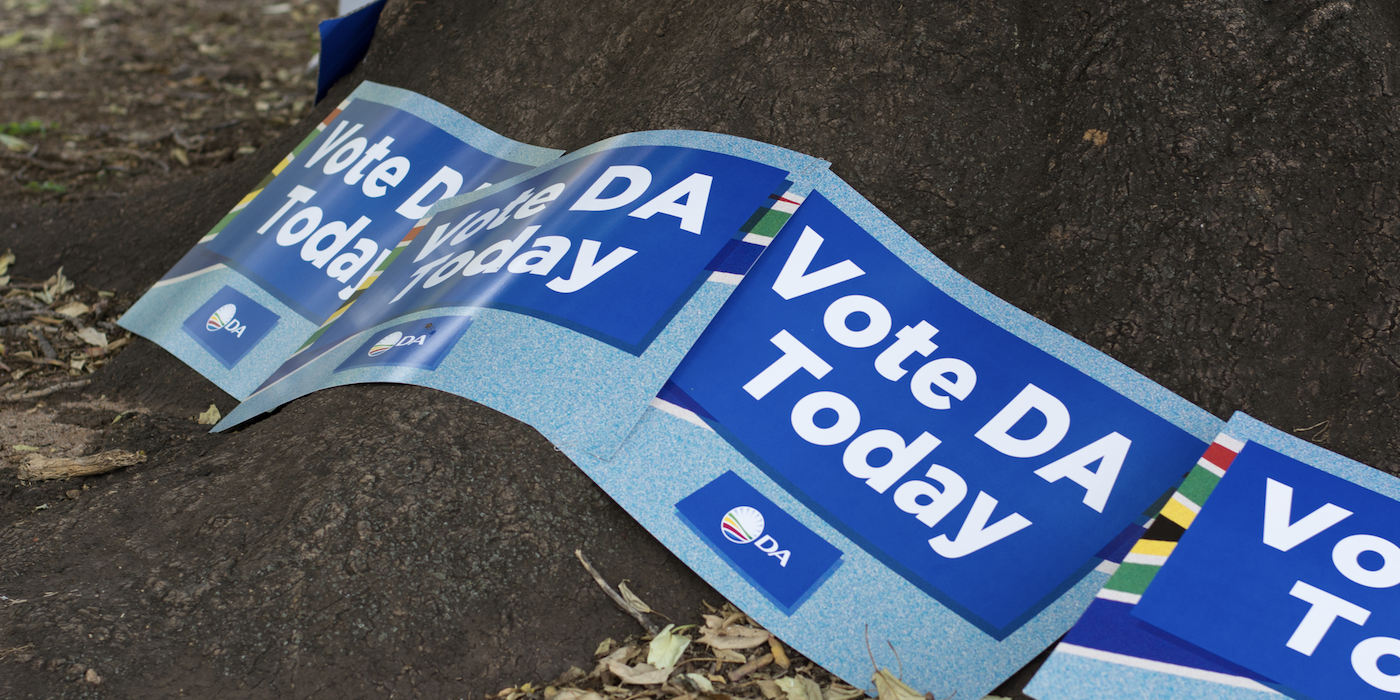Photo 147050604 / South Africa © Vanessa Bentley | Dreamstime.com
By Ryan Brunette
First published in Daily Maverick
I have argued before that the practice of political appointments in public administration is central to South Africa’s corruption. It is also unlawful in our contemporary constitutional and statutory framework.
The Zondo Commission cited my work supporting the insulation of personnel decisions from political interference, but today I suggest that the DA’s motion to have cadre deployment declared unconstitutional is politically dangerous and legally blinkered.
I am also no great fan of the ANC’s response, but one opinion at a time.
In terms of political strategy, the task of building a professional, non-partisan civil serviceis always an arduous one. There are no shortcuts. The process is necessarily incremental. Progress must take pains to nurture a stable governing consensus that reaches across party lines and incorporates a diverse constituency.
South Africa, against great odds, has been moving in this direction. We see this in tentative, statutory steps to clarify the line between party and state. We now have strong pronouncements in government policy and a lively debate within the ANC itself. The demand for professionalising the public administration is today regularly endorsed across progressive civil society and beyond.
The DA’s court action in the Pretoria High Court threatens a schism. The policy of cadre deployment was adopted in the 1980s in the heat of the struggle against apartheid.
In the 1990s, attitudes around it hardened, partly because the DA brought it to the centre of its “fight back” campaigning. After making overtures to black voters into the mid-2010s, the party has lately moved to shore up the rights of its white constituency. This has involved a renewed posture of aggressive opposition.
The party’s legal arguments against cadre deployment target the ANC alone. In a context where other parties practice political deployment, a declaration of invalidity against the ANC suggests a process of one-sided disarmament in an increasingly competitive political system.
All this cuts through consensus, promotes partisan polarisation and incites racialised backlash against necessary reforms, the courts, and even the Constitution itself.
The DA’s application plays into the surging anti-constitutional sentiment of recent years. It is also questionable on narrower grounds of policy and law.
The party and I have different conceptions of the genesis of the problem of political appointments. The DA blames the ANC’s Leninist doctrine of cadre deployment, playing up neoliberal fears of African nationalist and communist “collectivism”. I argue that cadre deployment rather formalises in partisan policy and attempts to manage a dynamic that is powerfully driven by wider circumstances.
A mass-based patronage system
When the ANC assumed incumbency in 1994, it took on the challenge of controlling a public administration that it could not trust. The manoeuvres that followed eliminated statutory checks on political appointments. This had the effect of infusing state personnel decisions with all the demands of a society in which most people live in poverty. It thereby opened the way to the emergence of a mass-based patronage system.
It is a complex, big, structural problem. The DA’s application barely touches it.
ANC politicians already routinely influence appointments outside the cadre deployment policy and committee system. Other parties without such a policy also often do so, including, arguably, the DA itself.
I am partial to the view that political parties should not have policies that direct the implementation of unlawful practices, but what we need is not so much the invalidation of one party’s internal procedures, as a more sophisticated attempt at addressing a broader pattern of politicisation.
There are at least two interrelated legal avenues worth exploring to achieve that.
First, the Constitutional Court has noted that corruption is a threat to our democracy and that it strikes against fundamental rights. In order to protect legally enshrined requirements of institutional independence, it has invalidated specific legislation, with suspended effect to give time for parliamentary correction.
In this vein, Chapter 10 of the Constitution clearly envisages a sphere within the public administration which is professional, non-partisan and demographically representative. It allows for some appointments to be made on the grounds of policy considerations, but currently, this only applies to ministerial advisers under section 12A of the Public Service Act.
The requirements of political “independence” articulated across these provisions are relatively loose. They leave ample room for the exercise of legislative prerogative. But they also apply very broadly across the public administration and plausibly impugn a range of current laws.
The second avenue worth exploring arises from international precedent.
The level of judicial involvement means that this precedent is probably best applied in strategic litigation around specific departments, public entities and municipalities. US courts have elaborated relevant legal language, principles, and structural remedies that find support in South Africa’s Constitution.
In relation to famously corrupt Cook County (including Chicago) and Illinois, the federal district court has been instrumental in significantly curtailing patronage operations. The so-called Shakman Decrees, issued over a number of years, embodied negotiated settlements between parties.
These required governments to develop compliance plans excluding political criteria from most personnel decisions. They opened the door to enforcement actions by individuals affected by violations.
In the process, tens of thousands of government positions have been effectively removed from the ambit of political deployment.


